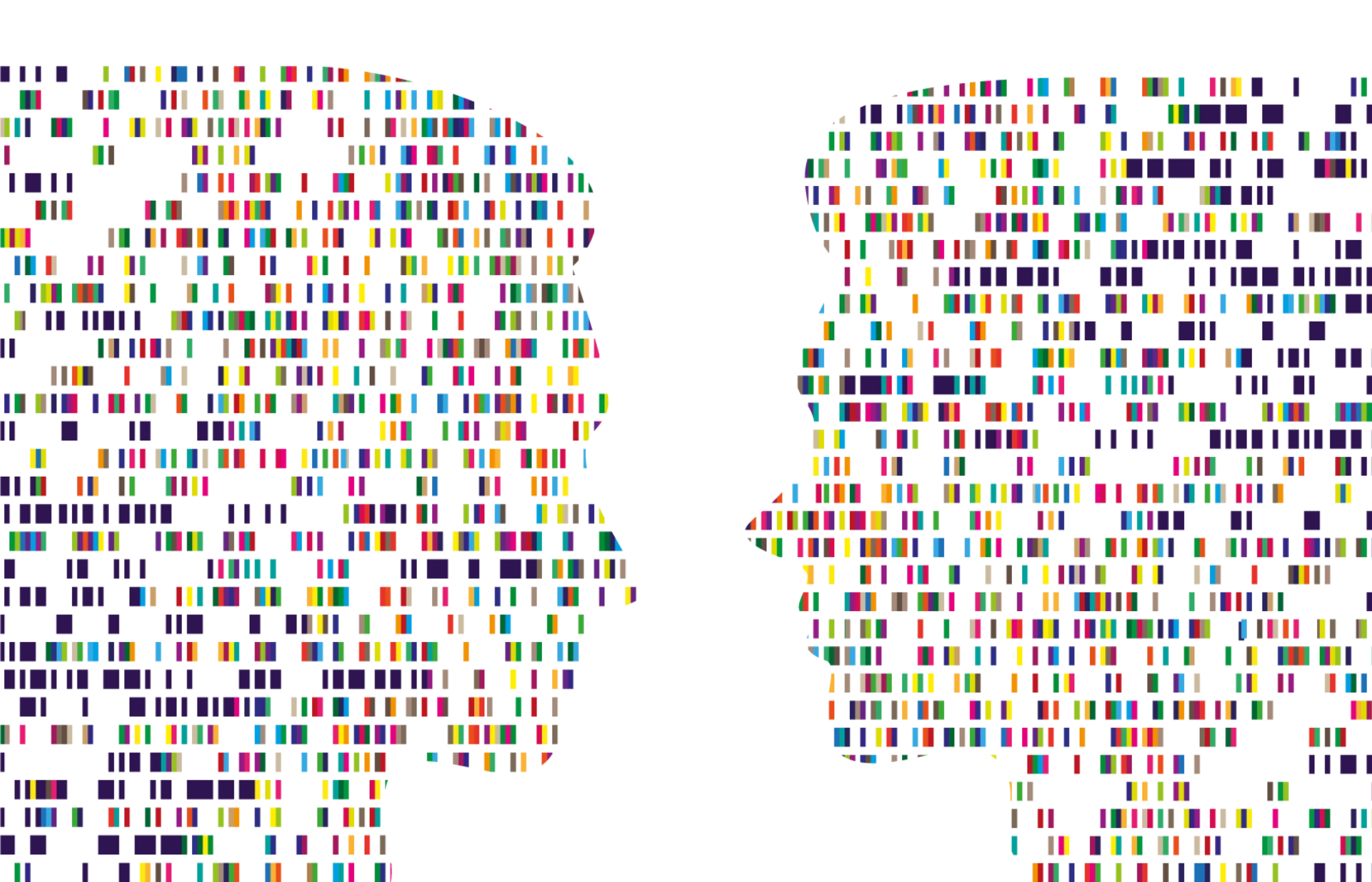
MODY Misdiagnosis: A Call for Greater Testing and Awareness
min read
Maturity Onset Diabetes of the Young (MODY) is the most common genetic form of diabetes, yet it remains underdiagnosed. Affecting around 2–3% of all diabetes patients, MODY is often clinically indistinguishable from Type 1 or Type 2 diabetes, making accurate diagnosis challenging without molecular genetic testing.
Currently, 14 genes have been implicated, and treatment pathways differ depending on the subtype. For example:
A young woman’s journey to diagnosis highlights systemic gaps:
Finally, through participation in a research trial, genetic testing confirmed a pathogenic HNF1A mutation, diagnosing her with MODY3.
Upon receiving the correct diagnosis, the patient shared:
“The realisation that I could have avoided 28,000 insulin injections and the associated costs, stress, and complications is overwhelming.”
Preliminary trial findings showed a 21% MODY diagnostic yield among eligible participants, underlining:
For Suspected Type 1 Diabetes:
For Suspected Type 2 Diabetes:
Accurate MODY diagnosis means:
Australian endocrinology practice must adapt by broadening testing access and awareness — ensuring MODY no longer remains the tip of the iceberg in diabetes care.
Sources: Internal Medicine Journal, 2022.

Copyright © 2025. MyGenome Australia. All Rights Reserved. Website by Wolf IQ